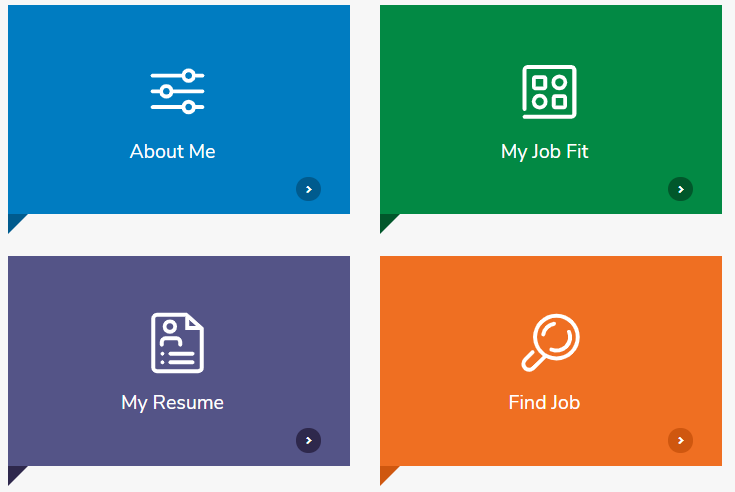The Mediterranean diet - good mood food

When feeling down, many people tend to eat what is easy, what is fast, and often, that means eating what is not healthy.
A growing body of research shows that a good diet can improve your mood.
A long-term study in Australia[1] followed more than 12,000 people and found that those who ate more fruits and vegetables were happier, more satisfied and with better well-being.
Another Australian study[2]2 followed more than 60,000 people and noted that those who increased their consumption of fruit and vegetables over the course of the study experienced reduced psychological distress.
Many researchers have looked at the positive effects of people who adopt the Mediterranean diet.
What do I eat in a Mediterranean diet?
A Mediterranean-style diet is based on these foods[3]:
vegetables
fruits
extra virgin olive oil
wholegrain breads and cereals
legumes or beans (chickpeas, kidney beans or lentils)
nuts and seeds
fish and seafood
onion, garlic and other herbs and spices (oregano, coriander, cumin etc.)
Yoghurt, cheese, milk and lean protein sources such as chicken, turkey or eggs are also eaten in a Mediterranean-style diet. Red meats and sweets are only eaten in small amounts.
Processed meats (deli meats, bacon, ham, corned meats, salami or sausages) and packaged foods are limited to rare occasions.
Why is a Mediterranean diet good for me?
An analysis[4] of thirty-six studies showed that more than two-thirds of the studies (25 studies, 69.44%) had found that the Mediterranean diet reduced symptoms of mental illness, mainly depression and anxiety.
It should be noted that the other studies found no difference.
Some researchers have assumed that people don’t adopt the Mediterranean diet because its benefits could only be realised in the long term; however, other researchers[5] found that the Mediterranean diet can improve cognition and mood in the short term.
Specifically, they found improvements in attention, alertness and contentment.
Following a Mediterranean-style diet is not just about what foods you eat but also about how you eat them[3]:
Prepare fresh foods
Share your meals with friends or family
Eat without distractions (not in front of a screen)
Eat slowly so that the taste and flavour of your food can be appreciated
Some of these changes might be difficult to incorporate into your current lifestyle, especially if you are already experiencing mental illness.
Some people find introducing one element, once a day or once a week and gradually increasing it over time makes these changes easier.
For any help improving your lifestyle, your EAP can help. Call 1800 629 277 in Australia, 0800 327 669 in New Zealand or email support@maxsolutions.com.au
References
[1]Mujcic R, J Oswald A. Evolution of Well-Being and Happiness After Increases in Consumption of Fruit and Vegetables. Am J Public Health. 2016 Aug;106(8):1504-10. doi: 10.2105/AJPH.2016.303260. PMID: 27400354; PMCID: PMC4940663.
[2]Nguyen B, Ding D, Mihrshahi S. Fruit and vegetable consumption and psychological distress: cross-sectional and longitudinal analyses based on a large Australian sample. BMJ Open. 2017 Mar 15;7(3):e014201. doi: 10.1136/bmjopen-2016-014201. Erratum in: BMJ Open. 2017 Apr 7;7(4):e014201corr1. PMID: 28298322; PMCID: PMC5353310.
[3]Mediterranean diet (health.qld.gov.au)
[4]Madani, S., Ahmadi, A., Firoozeh Shoaei‐Jouneghani, Moazen, M., & Sasani, N. (2022). The relationship between the mediterranean diet and axis I disorders: A systematic review of observational studies. Food Science & Nutrition, 10(10), 3241-3258. doi:https://doi.org/10.1002/fsn3.2950
[5]Esgunoglu, L., Jennings, A., Connole, E. S., Murphy, K. J., & Minihane, A. M. (2022). Short-term effects of a mediterranean-style dietary pattern on cognition and mental well-being: A systematic review of clinical trials. The British Journal of Nutrition, 128(7), 1247-1256. doi:https://doi.org/10.1017/S0007114521002567
Share
Tags
Found this useful?
Help and advice
Our blogs are about helping people seek the information that they need for their steps in the workforce.














_1.jpg)





























.jpeg)

















